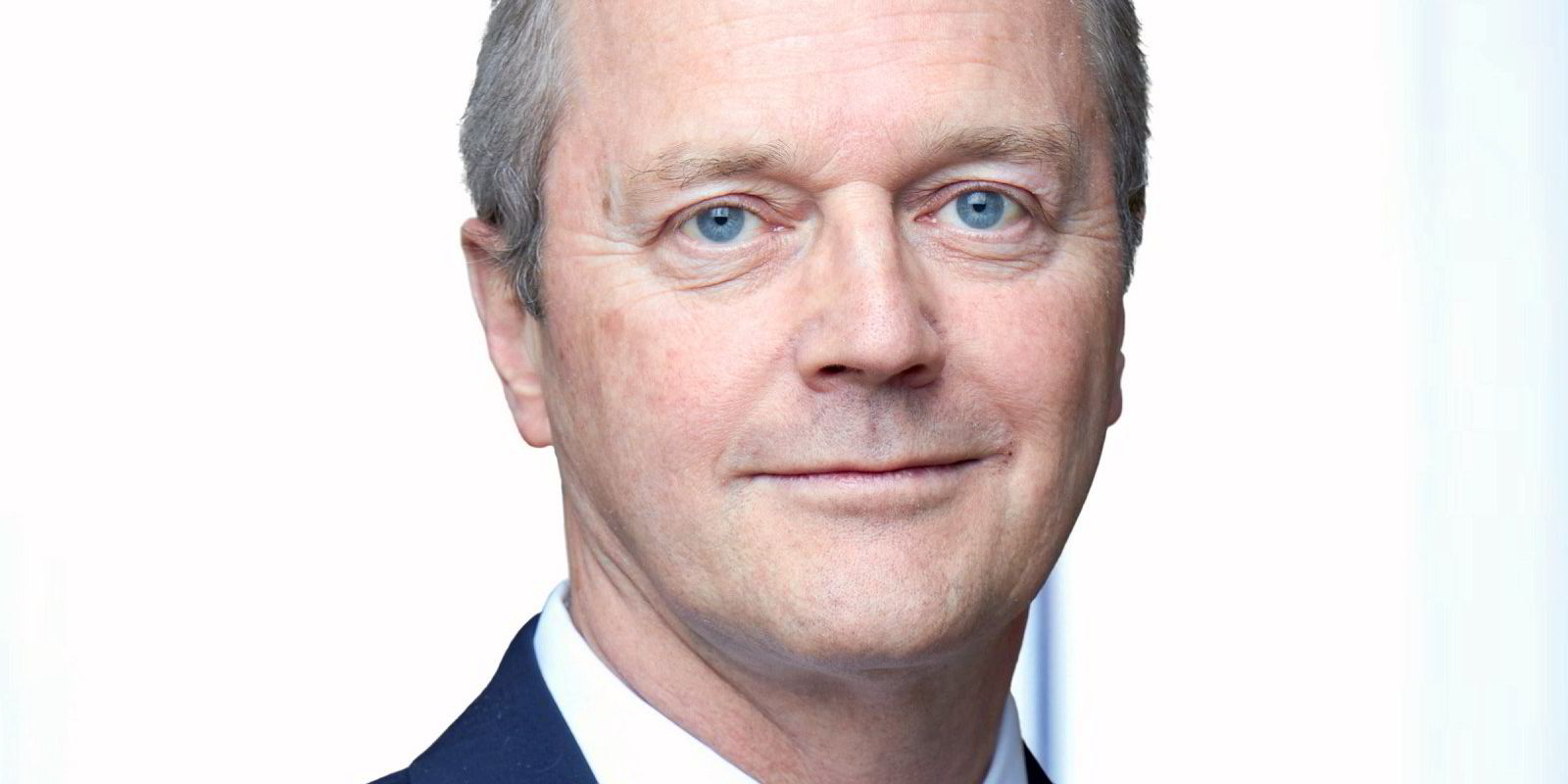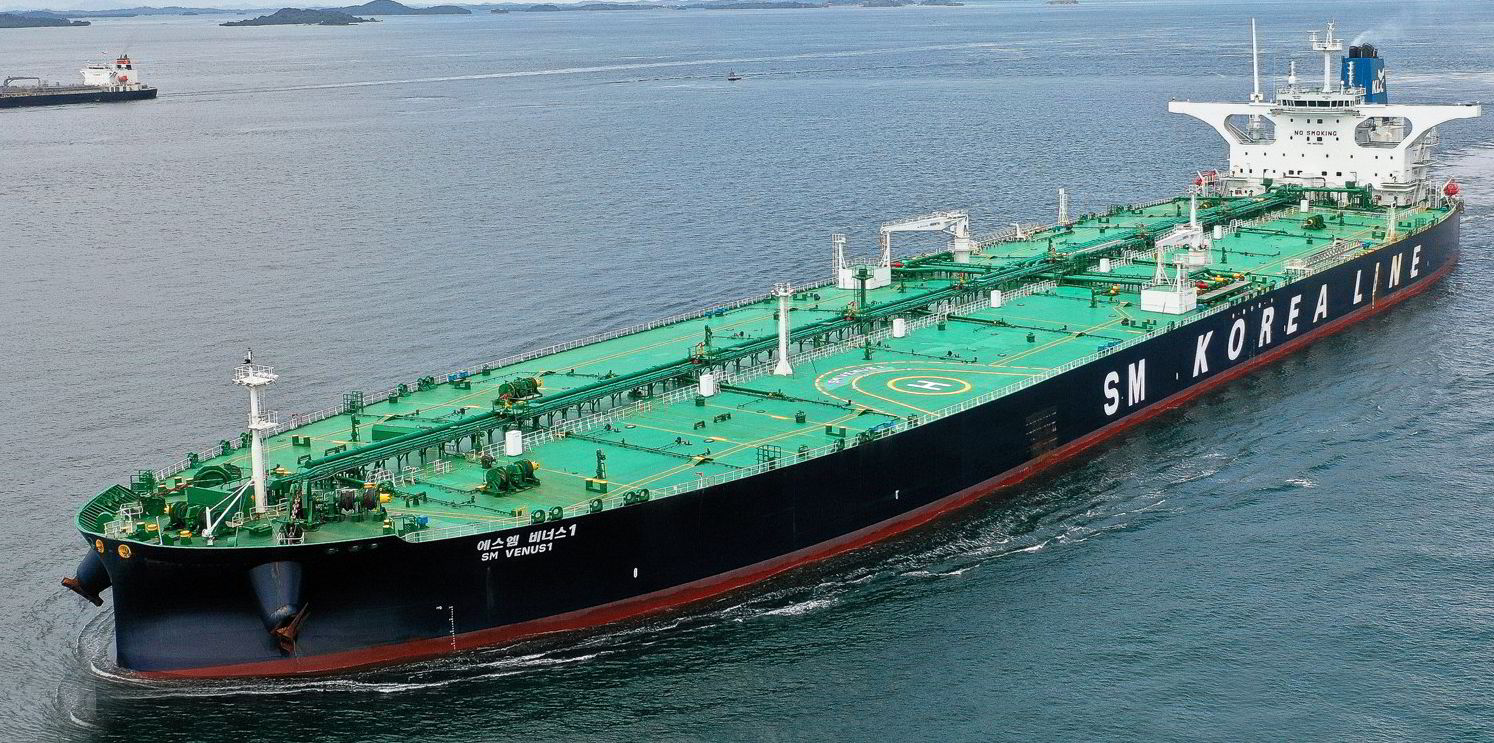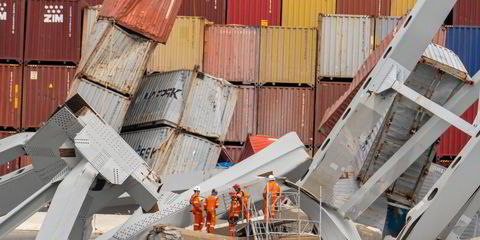Cleaves Securities’ shipping fund is sticking with its bet on product tankers as Red Sea disruption promises to deliver an even stronger winter market than usual.
The fund, run by Cleaves Asset Management, said rates had weakened across most sectors by the end of March.
Carl Synvis, head of fund management at Cleaves Securities, described shipping equities as “somewhat subdued” last month.
But he pointed to robust dry bulk markets as one of the exceptions, with gains for capesizes.
“However, we do not see much upside for dry bulk equities in the short term,” he said.
The investor expects these shares to underperform crude and product tanker companies in the next couple of months.
The fund has been “overweight” on product tanker stocks due to the increase in tonne-miles sparked by Red Sea rerouting.
“We will continue this allocation as the tensions in the Middle East persist,” Synvis added.
An escalation will influence rates further, particularly for clean carriers and midsize crude tankers, he argues.
Crucial to maintain exposure
Tanker earnings remain high seasonally, with Middle East tensions mitigating the typically weaker period for product tankers.
“If these conditions extend through the refinery maintenance season, we will see an even stronger winter market, enhancing the attractiveness of tanker equities,” Synvis said.
He believes it is crucial to maintain exposure to both clean and dirty vessel companies.
In February, Cleaves revealed big returns from its shipping fund as markets remained volatile.
To the end of January, the fund was up 53.5% since its inception in July 2022.
This made it one of the best-performing hedge funds in the Nordic region over that period, according to Hedge Nordic.
At that point, the fund had 45.8% of its investments allocated to tankers, with 35.2% in US dollars.
Other shipping segments were less than 10% each.
The biggest slice invested in a company was the 8.9% in US tanker owner International Seaways, with 8.8% in Singapore product carrier group Hafnia. Cleaves had 5.3% allocated to John Fredriksen’s tanker company Frontline.






